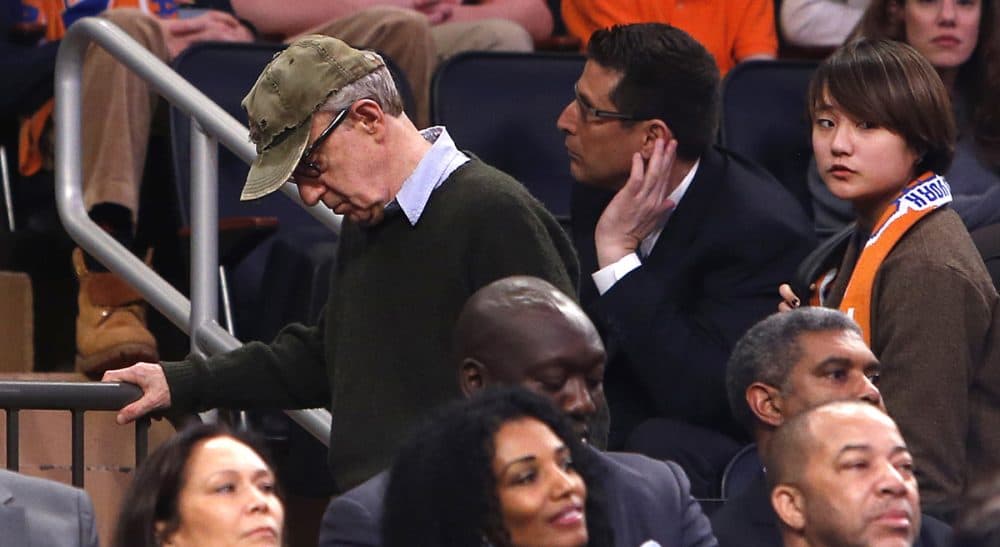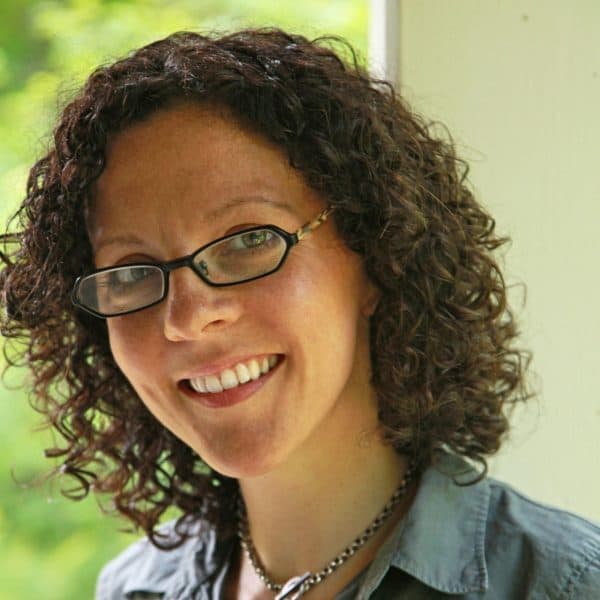Advertisement
The Only Way To Respond To The Woody Allen-Dylan Farrow Abuse Controversy

It is, frankly, a terrible time to be someone who was sexually abused as a child. It’s impossible not to be slammed in the face with the past, as pixels spill over Dylan Farrow’s accusations that Woody Allen molested her and the Internet’s collective finger-pointing and hand-wringing over what to believe.
The entire Internet, right now, should come with a trigger warning.
But it's not the stories of abuse that should be marked. It's the denial.
It is, frankly, a terrible time to be someone who was sexually abused as a child.
I used to hate trigger warnings, because of what they were meant to do: help me avoid depictions of sexual abuse and rape so I wouldn’t get upset. That is, help me avoid things that happen in the world every day. As though the problem was my reaction — not that they happen.
I have no desire to collude in our societal denial that abuse is happening. In fact, it’s the denials that get to me, both the public ones and the private ones that happen in my family, as they do, I suspect, in the families of many people who were abused.
Here’s what denial looks like in my family: It’s walking down the staircase at my parents’ Christmas party last year to overhear my father telling his friends that I’m writing about something I say happened, “but don’t worry, Alexandria’s the only one who remembers it.” It’s getting my sister, the next day, to remind him that she remembers five years of sexual abuse — we shared a room, and besides my grandfather later admitted to the abuse — but hearing her add at the end that what happened to her has “never bothered” her.
That my family handles the past this way has made me a little wild. It’s part of what made me a writer, probably: the need to put words to my experience, to not have it go up in silent smoke.
Advertisement
But I understand their approach. Because my sister’s stance — “it’s never bothered me” — is society’s. It’s the right way to be an abuse victim: to shut up about it, and be strong. To above all else, not feel. Not hurt. That stance perpetuates a dangerous idea: that this is somehow a small and shameful problem, happening to a few unfortunate children.
Here’s a statistic: According to cases reported to the U.S. Administration for Children and Families, between 1 and 2 of every thousand children in the United States has been sexually abused.
Now here’s the problem with that statistic: we know it’s absolutely wrong.
To get a reported case, someone has to report the abuse. The majority of abused children are abused by family members, and the overwhelming majority by someone known and trusted by the child’s family. But most families do not choose to take the abuse public. Most parents choose, as my parents did, to keep it private. My parents are lawyers — a criminal lawyer and a family lawyer. They work to protect other people’s kids. Yet when it came to their own family, they, like so many others, saw a private shame. Not a crime.
Now repeat that decision tens of thousands of times every year.
And every victim goes on thinking they’re hurting alone.
My parents are lawyers -- a criminal lawyer and a family lawyer. They work to protect other people’s kids. Yet when it came to their own family, they, like so many others, saw a private shame. Not a crime.
I’ve been writing about my experiences for years now. And the problem in denial is, for me, in the folded notes that people have handed to me after literary readings, the ones that say, “It happened to me, too.” The papers that I got back in graduate writing programs, on which classmates scrawled “me, too” in the margins. I teach, and every year it emerges that roughly one-third of my class has either been sexually abused or raped or has someone in their family who was sexually abused or raped. Maybe that says something about who enrolls in memoir writing classes. Maybe somewhere there are schools entirely full of pain-free people. But national surveys back me up: 28 percent of women and 16 percent of men say they’ve been sexually abused or raped. Not in the 1 or 2 in 1000 we have reported cases for.
It’s hard to get as angry as we need to be, sometimes. It is tiring, even frightening, certainly painful. It’s hard to take the risk to say that something that happened was wrong and that you are going to talk about it.
But I am glad Dylan Farrow did so, and I wish others had the courage to do the same. Speak out and get mad this is happening. Get mad children are harmed every day. Be angry, instead of ashamed. Please. Be angry.
Related:
